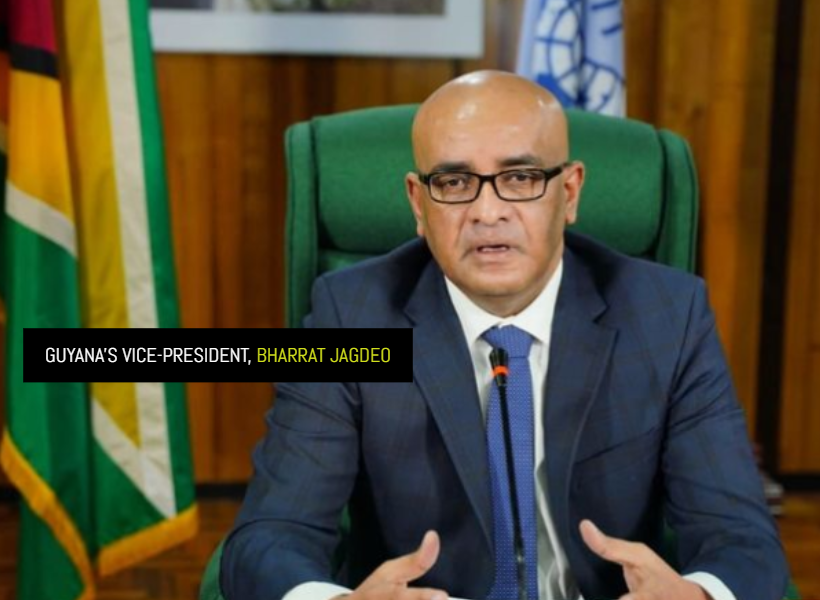Vice President, Dr. Bharrat Jagdeo, has clarified that the government’s decision to not retroactively adjust teachers’ salaries to 2019 is not due to a lack of finances, but rather, a strategic approach to the country’s development. Dr. Jagdeo made this statement during his weekly press conference as he addressed ongoing concerns regarding teachers’ wage and salary demands.
Speaking on the matter, Dr. Jagdeo emphasized the government’s commitment to working on a multi-year agreement starting from 2024. “You want a multi-year agreement. Let us start with 2024, 2025, 2026…A three- or five-year multi-year agreement like we had in the past. They are insisting on going back to not only 2019 but 2017,” he explained.
The context of this discussion follows a second round of strikes initiated by teachers on May 9. These strikes prompted negotiations that began on May 13 and continued until May 14. While the government is open to negotiating compensation increases starting in 2024, the Guyana Teachers’ Union (GTU) is steadfast in its demand for retroactive salary hikes from 2019 to 2023.
Furthermore, the GTU on Thursday proposed a 20% increase in compensation before teachers agree to return to work, showing some flexibility by suggesting negotiations for the period from 2022 to 2025.
Dr. Jagdeo also outlined the government’s broader developmental agenda, aimed at propelling the country’s growth. He highlighted the substantial increase in public sector wages, which have grown from approximately $120 billion in 2020 to $210 billion, a significant rise that needs future support regardless of oil prices or revenue flows. “Our expenditure on the recurrent level for wages and salaries in the public sector in three areas – central government, the statutory bodies, and public corporations – have grown from about $120 billion in 2020 to $210 billion in these three categories. That is a massive growth in public sector wages,” Dr. Jagdeo emphasized.
He noted that this growth translates to an additional $80 to $90 billion of disposable income for public sector employees, stressing that future revenue streams will be able to sustain these levels through a sovereign wealth fund. “It means that you have about $80 to $90 billion more of disposable income to people. That is only from the public sector that has to be financed. We said that the revenue flow in future years will be able, through a sovereign wealth fund when invested, to sustain higher levels of remuneration in the future,” Dr. Jagdeo noted.
Looking ahead, Dr. Jagdeo projected that Guyana’s revenue could grow to $10 billion annually, compared to the current under $2 billion, enabling further increases in wages and salaries. He also highlighted the government’s use of one-third of the oil and gas proceeds over the past three years to fund budget programmes, especially in the housing sector.
In light of these financial strategies, the government is implementing initiatives aimed at building the nation’s infrastructure and improving citizens’ standards of living by 2030 and beyond. “So, you have to sustain everything you do…We have to move forward to get better infrastructure so that people can have healthcare and education. We believe that we have to prepare the future for non-oil growth…” he stated.
Dr. Jagdeo reiterated that the government’s approach is to ensure long-term sustainability and benefits for the country, which includes diversifying the economy beyond oil and gas.
“It is a complete strategy; it is not focused only on wages and salaries. That is the only way it is sustainable and can bring benefits in the long run for Guyana…” he affirmed.













